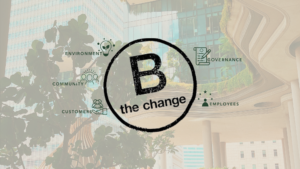The B Corp certification is a symbol of socially and environmentally responsible business practices. However, it has faced criticism, especially since Nespresso received its B Corp certification in 2022. In this edition of The Impact Advantage, I shed light on the truth and on the misconceptions behind these criticisms.
Claim: The B Corp certification relies on self-reporting
Reality: The B Corp process involves self-reporting, but it doesn’t rely on it exclusively. The process starts with self-reporting on the B Impact Assessment (BIA). According to a B Lab staffer, about 45% of businesses that reach the required 80 points fail to advance to the audit stage due to their inability to substantiate their BIA responses.
Claim: B Corp certification masks harmful practices
Reality: Several measures are in place to prevent masking harmful practices. These measures include:
- The BIA adjusts questions based on a business’s most likely material impact (positive or negative).
- B Corps must recertify every three years, or if there’s a change in ownership or an initial public offering (IPO).
- B Corps have access to tools and partners that help them measure and improve their impact.
- A dedicated B Corp community fosters accountability and support. (Remember, it was the community’s response to Nespresso’s certification that led to B Lab assessing and ultimately changing their scoring system and certification process.)
Claim: B Lab has a low bar for certification
Reality: Legal structure requirements make becoming a Certified B Corp a serious commitment to maintaining a high bar for positive impact. For example, companies designated as S or C corporations must change their legal structure to benefit corporation (if recognized in their state), which are required to publish an annual benefit report. This link between the benefit corporation and B Corp certification act as a checks-and-balances system, ensuring the integrity of the positive impact movement.
(37 states across the U.S. have passed benefit corporation legislation. Here is a complete list with links to their House and Senate bills.)
Claim: The increasing number of Certified B Corps has diluted the value of the certification
Reality: This is like saying that if every building in a major city were LEED certified, their environmental value would decrease. In fact, the opposite is true. The more LEED certified buildings, the greater the collective value they create for the environment. The same is true of Certified B Corps. After all, a rising tide raises all ships.
Claim: Nespresso’s certification undermines the B Corp designation
Reality: Nespresso’s certification exposed weaknesses in the B Corp certification process. In response, B Lab conducted a thorough review of its standards and processes to ensure the continued relevance and value of the certification. Nespresso’s certification also brought labor practice violations in its supply chain to light, compelling the company to recognize and begin repairing the harm.
Claim: B Lab is heavily influenced by corporate interests
Reality: Large corporations have sought to collaborate with B Lab to find ways for larger-scale operations and supply chains to have a net-zero or net-positive impact. This doesn’t mean lowering the standards for becoming a Certified B Corp, but rather seeks to expand the reach of positive impact.
B Lab remains a non-profit organization primarily funded by revenue-based tiers for annual certification dues. These funds support research, assessment development, and other essential operations. B Lab also has an independent Standards Advisory Council.
Setting the New Normal
Having delved into recent criticisms, it’s clear that the B Corp certification remains a serious commitment to making a positive impact on society and the environment. The growing number of companies actively embracing positive impact initiatives (whether through B Corp certification or otherwise) includes corporate giants like Unilever. This underscores the recognition of the inherent value in aligning operations with impact. The goal is to make benefit practices the new norm, not the exception.






